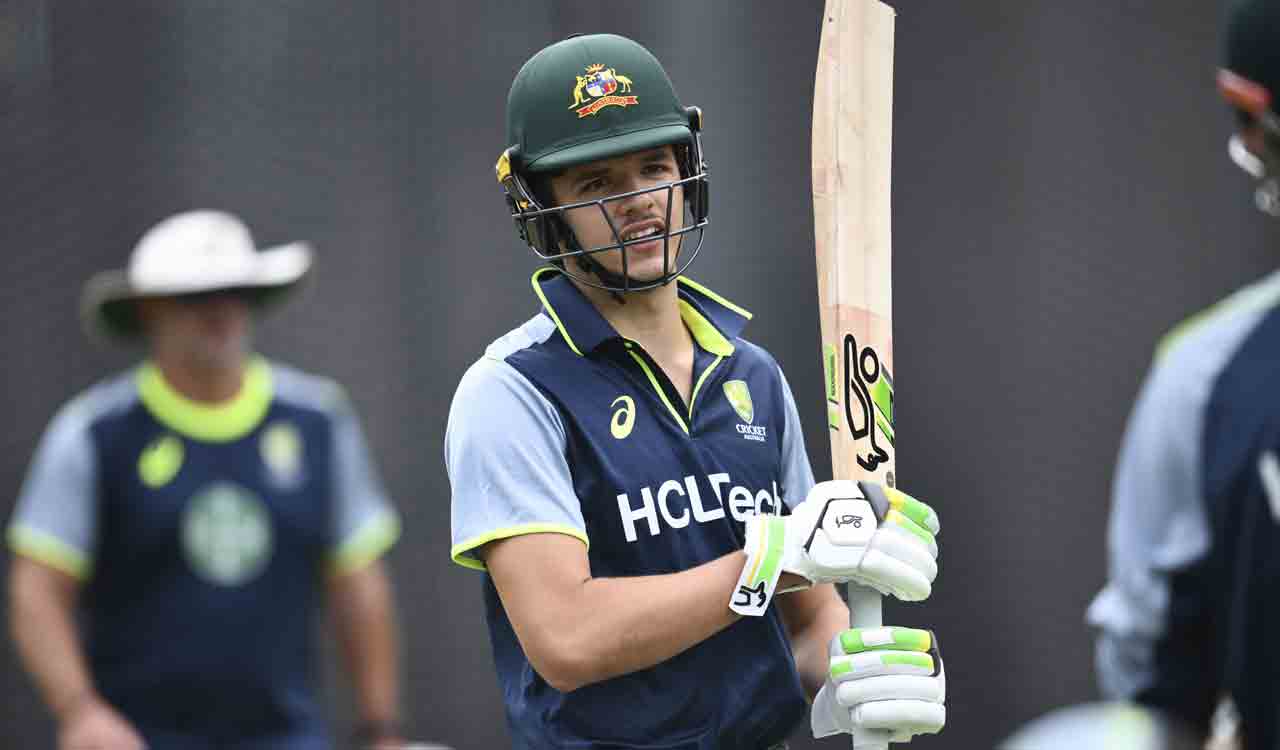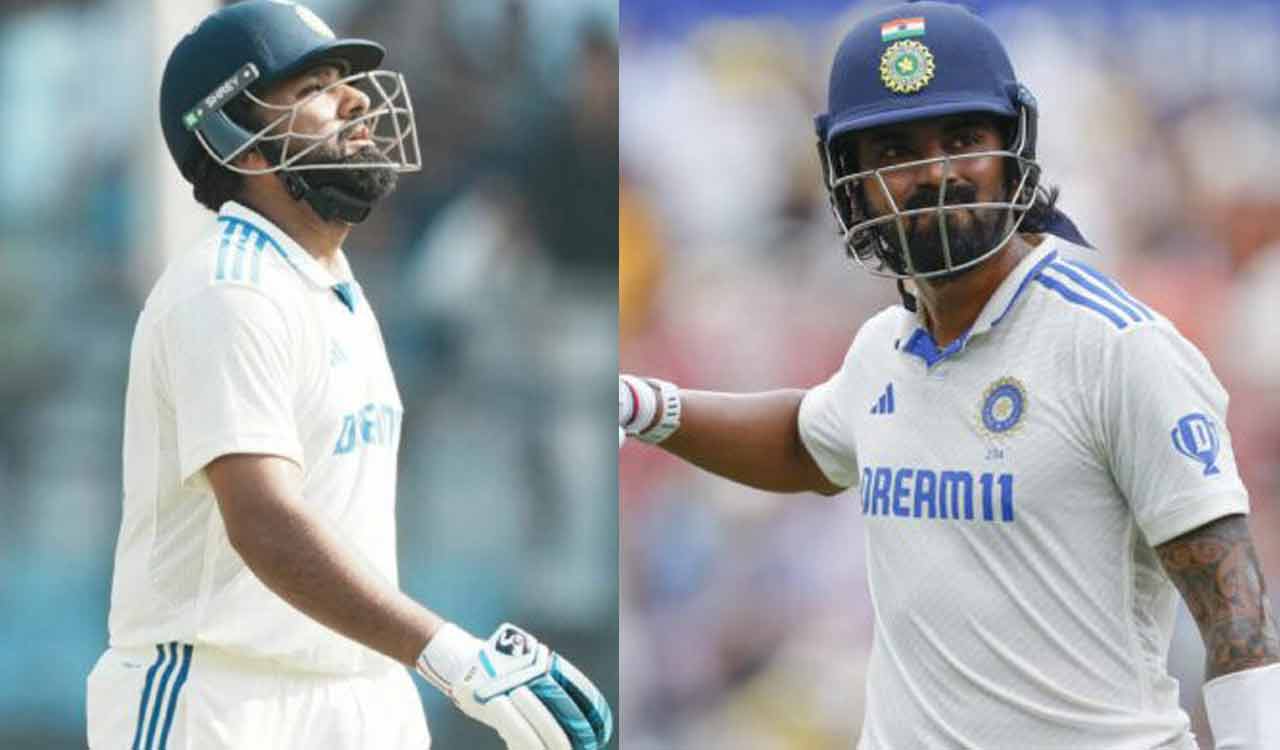Editorial: Diplomatic crisis
The Trudeau administration is blatantly playing to Sikh diaspora''s extremist fringe, treating them as vote banks

The simmering tensions between India and Canada have turned into a full-blown diplomatic crisis marked by tit-for-tat actions by both countries. Faced with plummeting approval ratings, growing internal dissidence and an imminent defeat in the elections, Prime Minister Justin Trudeau, known for his sympathetic stand towards pro-Khalistan elements, has raised his anti-India pitch in a clear display of vote bank politics. The current stand-off — with both sides quickly expelling each other’s diplomats — is a direct fallout of mixing domestic political expediency with foreign policy. The fresh row began when Canada claimed it had evidence of Indian diplomats’ involvement in the murder of pro-Khalistan leader and Canadian citizen Hardeep Singh Nijjar near Vancouver in June last year. It must be pointed out that Nijjar was active in the Khalistan Tiger Force, an organisation proscribed under the Unlawful Activities Prevention Act for aiming to “revive terrorism in Punjab”. After failing to produce any credible evidence so far, the Trudeau administration has repeated the claim. New Delhi has not taken kindly to the indications from Canadian authorities that Indian diplomats were being investigated for potential ties to the Nijjar assassination case. A series of hard-hitting statements and counter-statements have come from both countries. Trudeau, who is heading a minority government, has been consistently hostile towards India. There is a political context to it. His Liberal Party had to rely on the support of Sikh hardliners such as Jagmeet Singh’s New Democratic Party (NDP).
In September, the NDP withdrew its support from the Liberals, leading to speculation about whether the Liberals would last a full term until October 2025. Against this backdrop, Canada’s accusations against India over Nijjar’s killing appear politically motivated, aimed at advancing a specific domestic agenda. Expelling six Canadian diplomats and recalling its ambassador from Ottawa were necessary steps to signal that India would not tolerate baseless allegations. As the diplomatic rift widens, the key question that needs to be asked is why Ottawa has been harbouring pro-Khalistan extremist elements on its soil and why it has failed to rein them in despite New Delhi providing irrefutable evidence about their activities. The Trudeau administration is blatantly playing to the Sikh diaspora’s extremist fringe, treating them as vote banks. India respects and practices freedom of speech, but that does not equate with the freedom to threaten foreign diplomats, extend support to separatism or allow political space to elements advocating violence and terror. In his latest allegations, Trudeau called the Indian High Commissioner a “person of interest” in the murder investigation of Nijjar. It is preposterous to drag a seasoned diplomat into the murky episode. Over decades, Canada has provided safe sanctuary to anti-India elements openly calling for secession, taking out rallies glorifying the assassination of former Prime Minister Indira Gandhi, calling for balkanisation of India, putting up posters threatening to kill Indian diplomats and asking Hindus to leave the country.
Related News
-
Cartoon Today on December 25, 2024
6 hours ago -
Sandhya Theatre stampede case: Allu Arjun questioned for 3 hours by Chikkadpallly police
7 hours ago -
Telangana: TRSMA pitches for 15% school fee hike and Right to Fee Collection Act
7 hours ago -
Former Home Secretary Ajay Kumar Bhalla appointed Manipur Governor, Kerala Governor shifted to Bihar
7 hours ago -
Hyderabad: Organs of 74-year-old man donated as part of Jeevandan
7 hours ago -
Opinion: The China factor in India-Nepal relations
8 hours ago -
Editorial: Modi’s Kuwait outreach
8 hours ago -
Telangana HC suspends orders against KCR and Harish Rao
8 hours ago




